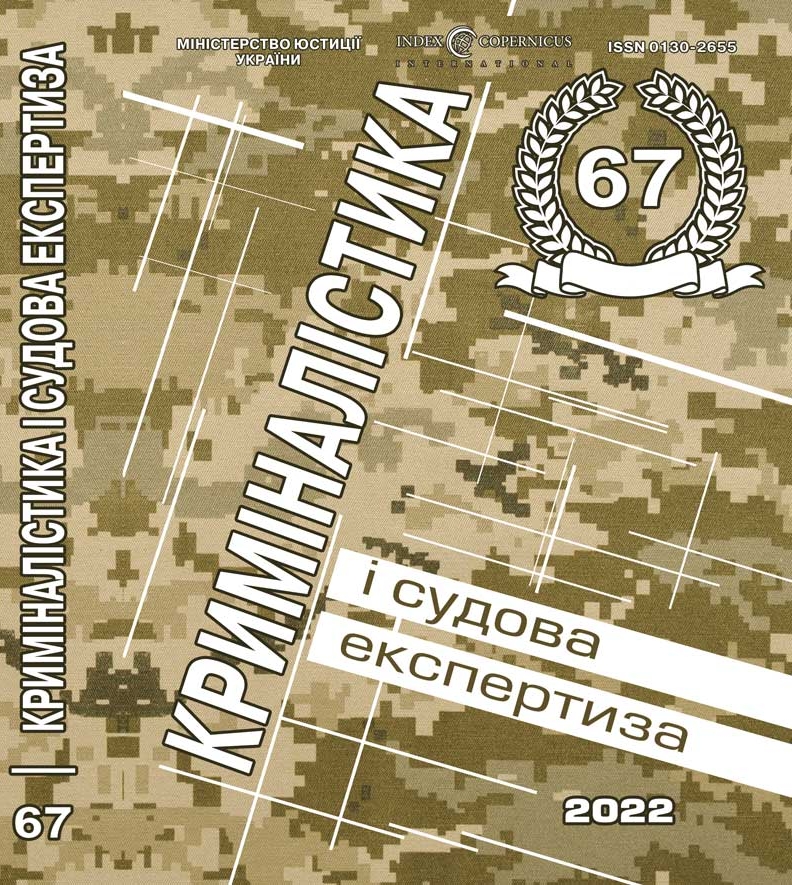
DOI: https://doi.org/10.33994/kndise.2022.67.21
N. Akhtyrska
The article is devoted to the analysis of international cooperation in the collection of evidence in electronic form, in accordance with the Second Additional Protocol to the Cybercrime Convention approved by the Council of Europe, which provides a legal basis for disclosure of domain name registration traffic, cooperation in emergencies, updates the video conferencing procedure.
The analysis of the Second Additional Protocol shows that it created a legal basis for direct cooperation with service providers, accelerated forms of cooperation for disclosure of subscriber information and traffic data, accelerated cooperation and disclosure of information in emergency situations, additional instruments of mutual assistance, data protection and other guarantees of the rule of law.
Taking into account the above and the provisions of the Second Additional Protocol, it is advisable to supplement Art. 541 of the CPC of Ukraine, the term “transferring party”, hould be understood as the state that transmits data in response to a request or within a joint investigation team in which the data service provider or organization providing domain name registration services, as well as a state that provides evidence on its own initiative without request. The purpose of the Second Additional Protocol was, inter alia, to increase cooperation in the fight against cybercrime and the collection of evidence in any criminal proceedings electronically using additional tools to facilitate mutual assistance and other forms of cooperation between competent authorities. According to the Second Additional Protocol, the following shall not be recognized as grounds for refusal of international cooperation:
1) the absence of such an offense in the legislation of the requested State;
2) another terminological definition of the act;
3) assignment of the act to another category of severity.
Key words: evidence in electronic form, data on the movement of information, transcription.










